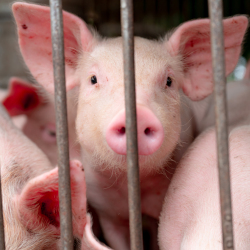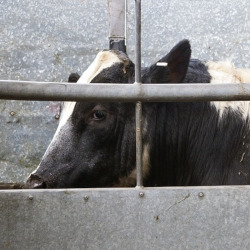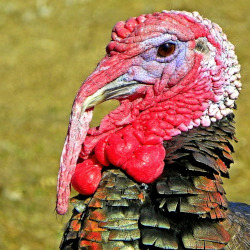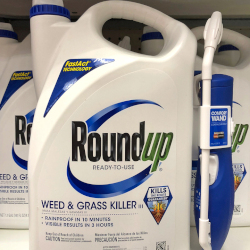When it comes to choosing chicken or turkey, the first thing to look for is the USDA Organic seal. But as we’ve learned from investigations into the organic dairy and organic egg industries, not all organic products are created equal.
Why? Corporate consolidation has a lot to do with it. Once large corporations stake their claim in organic markets—typically by buying up smaller players—they “scale up” operations to achieve economies of scale. That allows them to lower their prices, and drive the other smaller players out of business.
It’s happened in many industries, including organic chicken and turkey. Hoping to cash in on the growing consumer demand for organic, companies like Tyson, Perdue and Pilgrim’s Pride offer their own “organic imposter” brands.
With robust marketing budgets, Big Chicken is able to heavily promote their Big Organic brands. They also sell them to retailers like Costco, which in turn sell them under their own store labels.
How do conscious consumers avoid organic poultry products that may not meet their expectations for high standards? And where can they find the high-quality products they want?
The Cornucopia Institute issued a new report, “For the Birds: How to Recognize Authentic Chicken and Turkey.”
The report helps consumers differentiate between organic poultry producers who strictly adhere to (or go above and beyond) USDA organic standards, and those that don’t. According to the report:
“The majority of organic chicken and turkey produced in the U.S. comes from industrial-organic operations. While these birds receive organic feed and are not given antibiotics or other pharmaceuticals, they typically live in crowded conditions devoid of legitimate outdoor access. In addition, strains of chickens and turkeys popularized in the conventional marketplace are also commonly used by organic producers. These strains are often fast growing and have health and behavioral issues associated with that abnormal growth.”
The Cornucopia report also includes an organic chicken and turkey scorecard, and a DIY guide to choosing the best organic chicken and turkey.
READ THE REPORT
CHECK THIS OUT: Organic Poultry Scorecard
DOWNLOAD: Do-It-Yourself Guide to Choosing the Best Chicken and Turkey
TAKE ACTION: Tell Costco: Consumers Don’t Want Your Giant Factory Farm!














